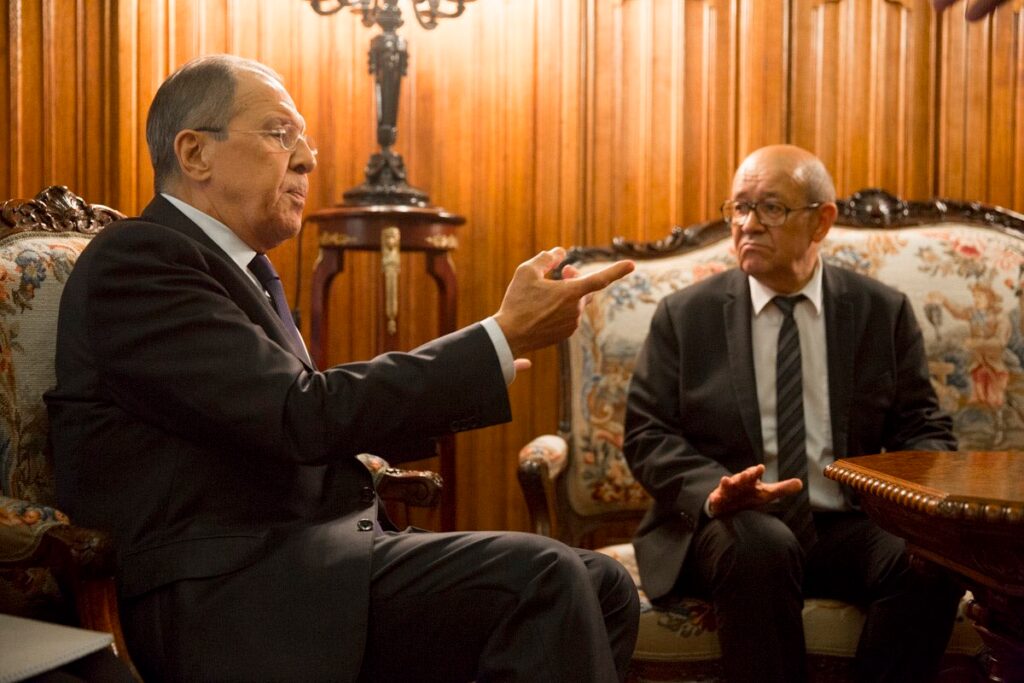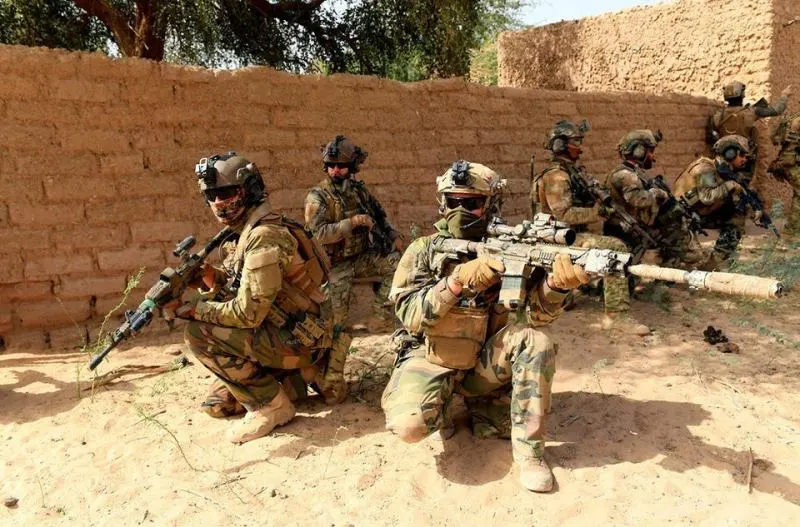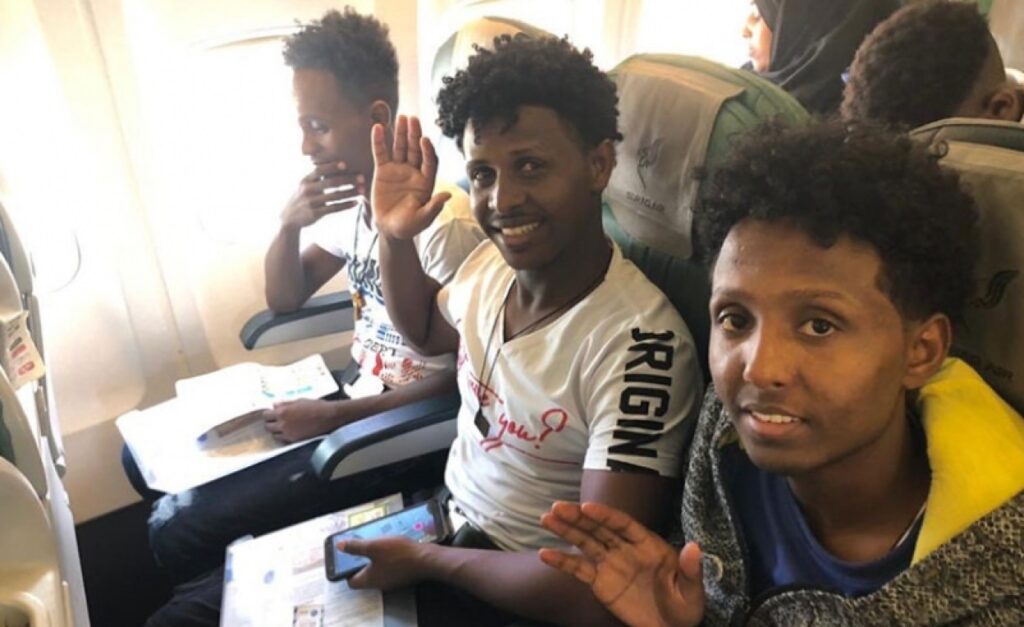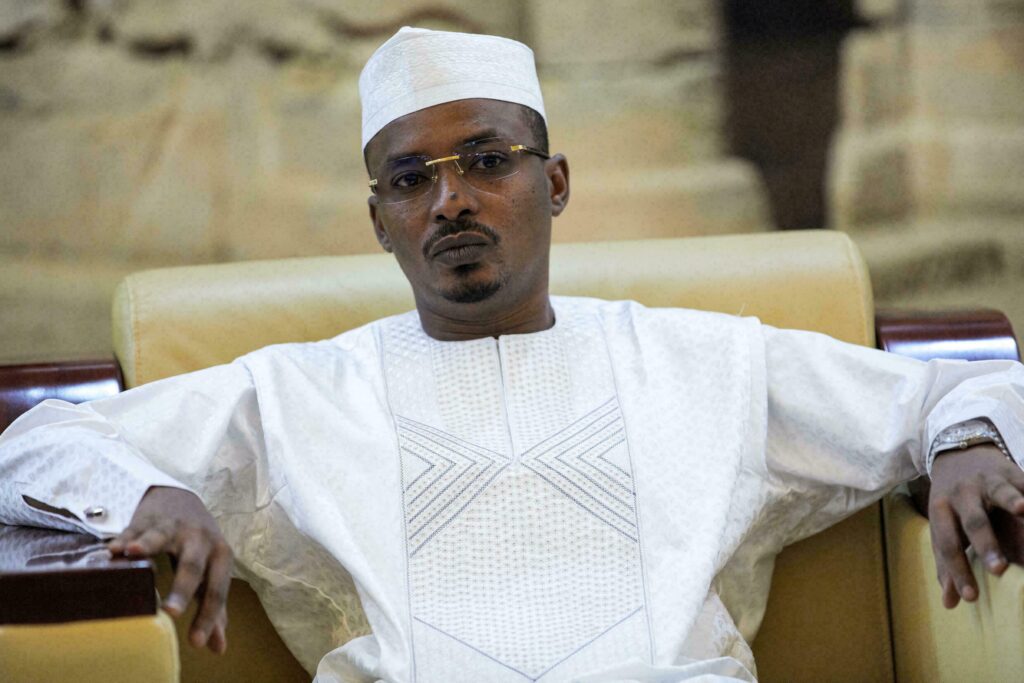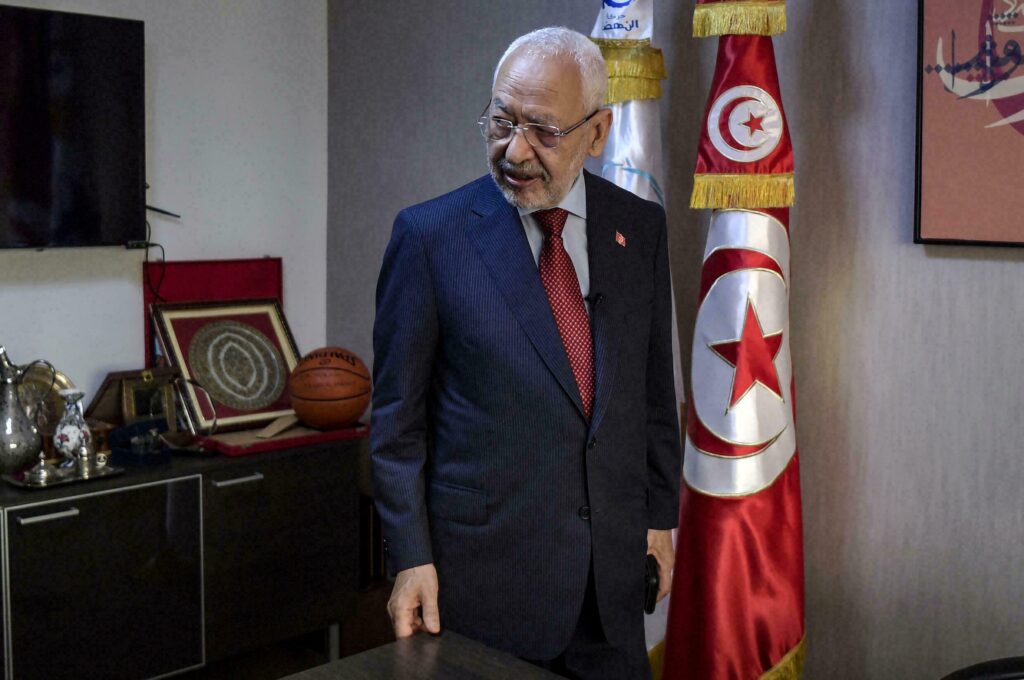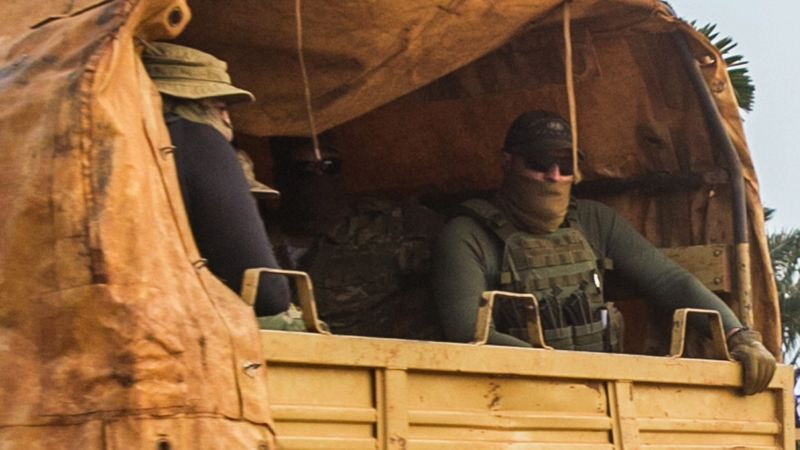En Tunisie, Najla Bouden nommée première ministre
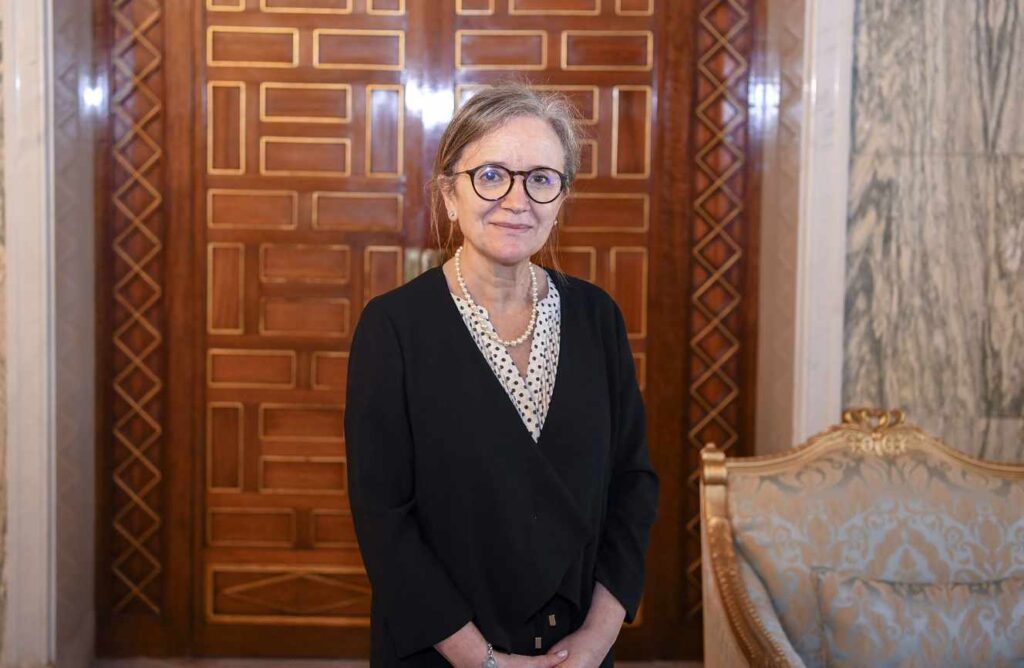
Chargée par le président, Kaïs Saïed, de former un nouveau gouvernement, l’universitaire sera la première femme à occuper ce poste en Tunisie.
Pour la première fois, une femme va diriger le gouvernement tunisien. Le président, Kaïs Saïed, a chargé Najla Bouden de former un gouvernement en Tunisie, a annoncé mercredi 29 septembre la présidence. A la fin de juillet, après des mois de blocage politique, M. Saïed avait limogé le précédent cabinet, gelé le Parlement et s’était octroyé aussi le pouvoir judiciaire.

